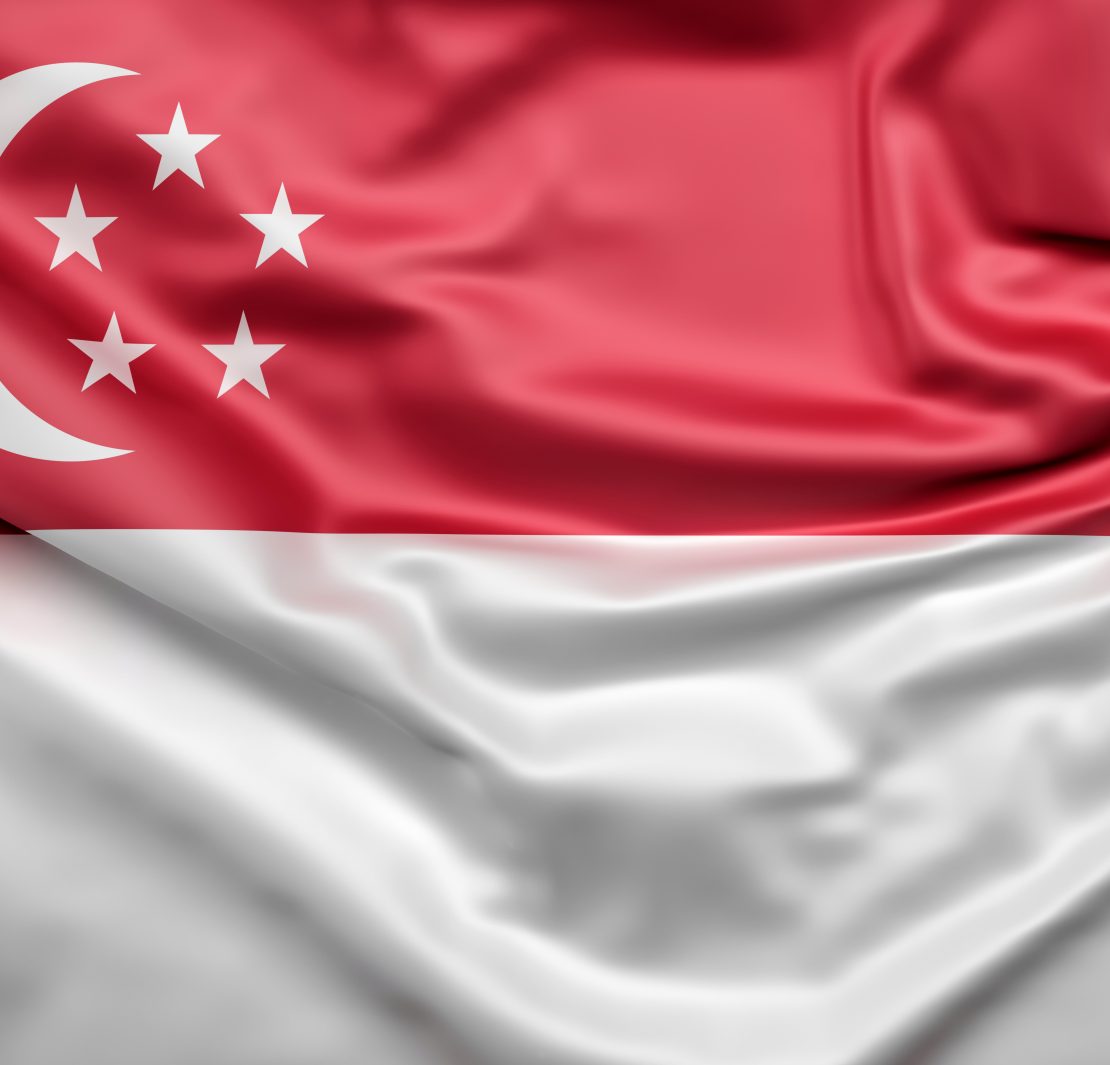This week, Singapore will execute a 45-year-old Singaporean woman convicted of trafficking approximately 30g of diamorphine (heroin).
Saridewi Djamani will be the first woman Singapore would have executed in almost 20 years, and the 2nd convict to undergo execution this week. Yesterday, authorities were also expected to go ahead with the execution of Mohd Aziz bin Hussain, a 56-year-old Singaporean Malay man convicted of trafficking approximately 50g of diamorphine. According to the Transformative Justice Collective (TJC), a Singapore-based human rights group, the island country has executed 15 people over drug offences since 30 March 2022, an average of one execution every month.
While international law restricts capital punishment, Singapore is one of the only four countries alongside China, Iran and Saudi Arabia, where executions for drug-related offences took place in 2022. Singapore has some of the world’s toughest anti-drug laws, which it says are necessary to protect society. Last April, authorities executed another Singaporean, Tangaraju Suppiah for trafficking 1kg (35oz) of cannabis that he never touched. Authorities say he coordinated the sale via mobile phone.
The number of executions carried out in Singapore has dropped substantially since the 1990s; in 2012, they made a number of minor amendments to the death penalty laws. Yet, Singapore seems to be in no position to reverse its stance despite drawing intense criticism from international organisations and activists. Critics of the law argue that capital punishment is not a proven deterrent against crime. Many of the convicts on death row over drug offences are minorities who had no choice but to resort to a life of crime under harsh circumstances.
Human rights groups also allege that both Djamani and Aziz were coerced into giving their statements. Public outcry against this policy was the most intense after the hanging of a Malaysian man last year, who had a mental disability and an IQ of 69. According to a 2020 study by Ariel Yap and Shih Joo Tan of Monash University in Australia, a major reason why the Singaporean government has retained its harsh drug policy is due to its proximity to the Golden Triangle—the area comprising parts of Myanmar, Laos, and Vietnam, historically known for the narcotics trade. In 2018, Thailand became the first Asian nation to legalize medical cannabis.
In an interview in September 2022, Law Minister K. Shanmugam confirmed that Singapore’s policy on drugs is not resulting in the arrest of the so-called ‘Kingpins’. Nearly 60 prisoners in Singapore’s jails are now on death row mostly for drug-related offences, as the city-state continues with its zero-tolerance legal punishment against drugs. Many also point out that while Singapore is needlessly stringent on its drug laws, convicted rapists on the other hand face a maximum sentence of 20 years in prison.




